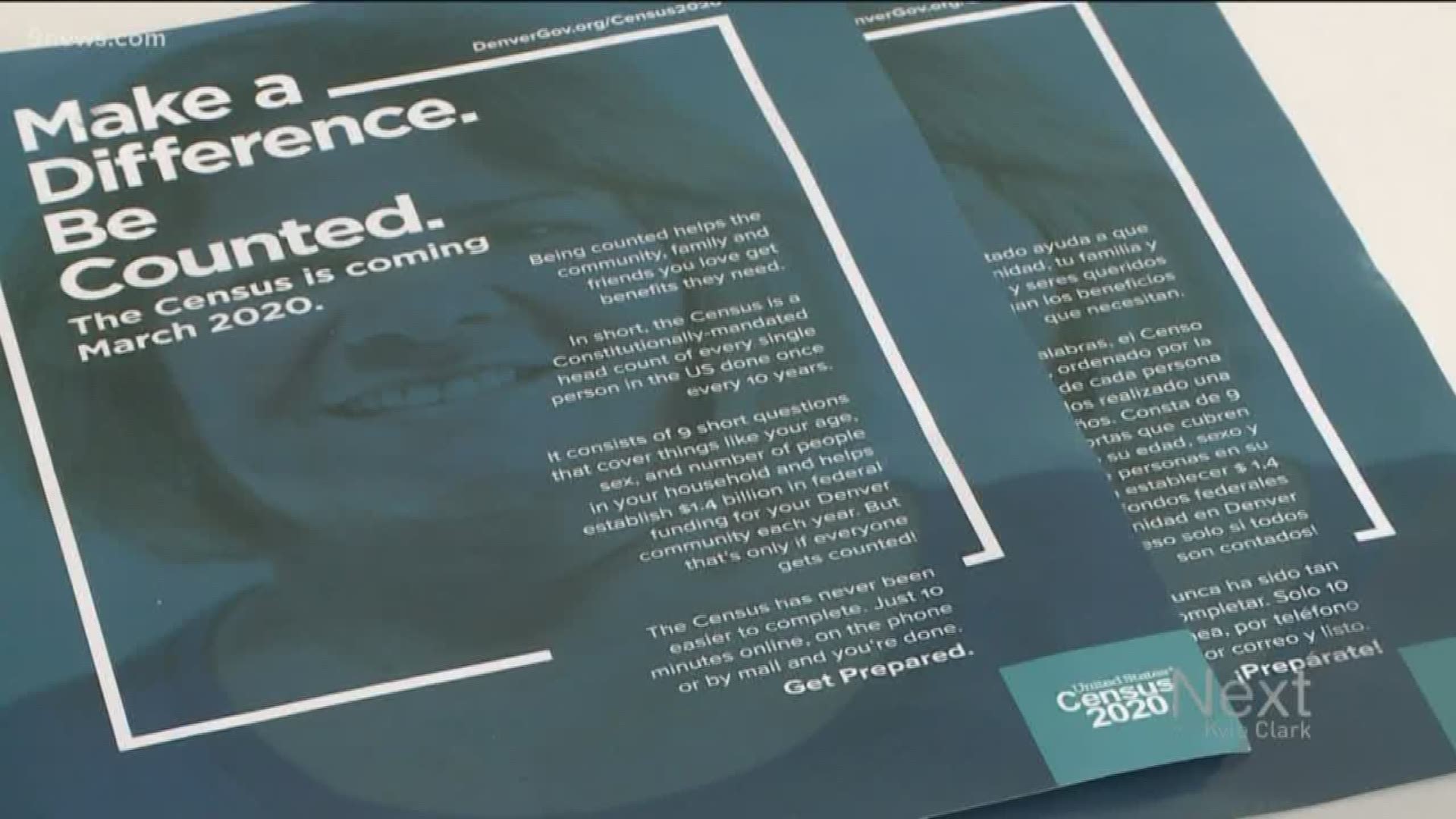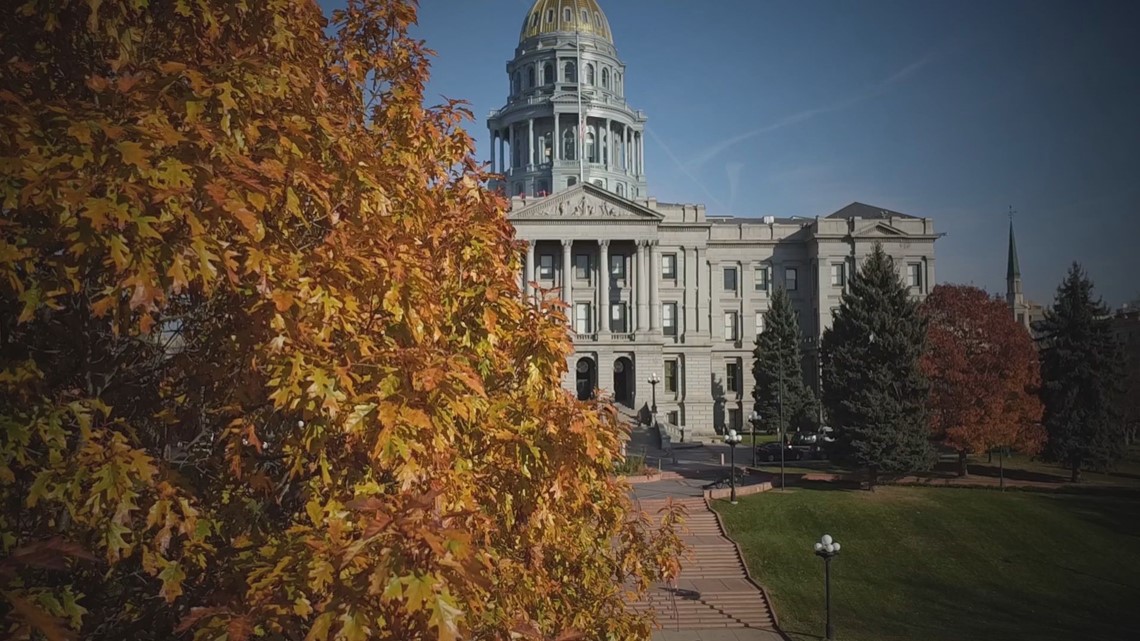DENVER — Colorado is poised to gain a Congressional seat after the U.S. Census count in April.
Currently, Colorado voters are represented by four Democrats in the U.S. House of Representatives and three Republicans.
The idea of a new seat made us wonder whether the addition could change the political dynamic in this state.
9NEWS' Republican political expert Kelly Maher said that right now, it's too early to say exactly what area that seat will represent because it depends on how the district boundaries will be drawn.
"Some of the toss-ups, and one of the questions is going to be where is Douglas County is going to go," said Maher. "Douglas County has always been traditionally Republican. We're seeing a little bit of a shift there. Colorado Springs also tends to be traditionally Republican. But we really just don't how that's going to break up."
9NEWS Democratic political expert James Mejia, however, believes the seat will go to Democrats, representing an area along the Front Range where the state has seen significant population growth. But he knows Republicans want to hold onto the areas where they have support.
"Republicans will want to protect the districts they have," he said. "Like District 4 in Northern Colorado, that is a heavily Republican district. It's hard to imagine them siphoning off some of that support to create a new seat."
Both analysts agree that unaffiliated voters play a crucial role in how this plays out, since that group of voters has seen the biggest increase in numbers in recent years.
The census count is in 2020, and the seat wouldn't be up for election until 2022, after the next presidential election.
The last time Colorado gained a seat was in 2000. That seat represents northern Jefferson, Adams and northern Arapahoe counties.
"Kind of an upside 'U' over the Denver metro area," is how Maher described it.
The area was split into thirds, with Republican, Democratic and unaffiliated voters.
Maher said the seat was up for election in 2002 and the race was highly competitive. But by 2007, Democrat Ed Perlmutter won the seat and he has held onto it ever since.
The additional Congressional seat would also impact the Electoral College because Colorado would gain more votes.
"Which makes Colorado proportionally a better place for presidential candidates to come campaign," said Maher.
"Depending on where that seat places could shift the influence of politics at a local and state level, as well," said Meijia.
Though Colorado lawmakers have shown they want to move away from the Electoral College process. The "National Popular Vote" bill would tie Colorado's nine electoral votes to the candidate who gets the most votes nationwide, and not just in Colorado.
Colorado wouldn't make that shift until states with a total of 270 electoral votes agree to the same process.
SUGGESTED VIDEOS | Full Episodes of Next with Kyle Clark


